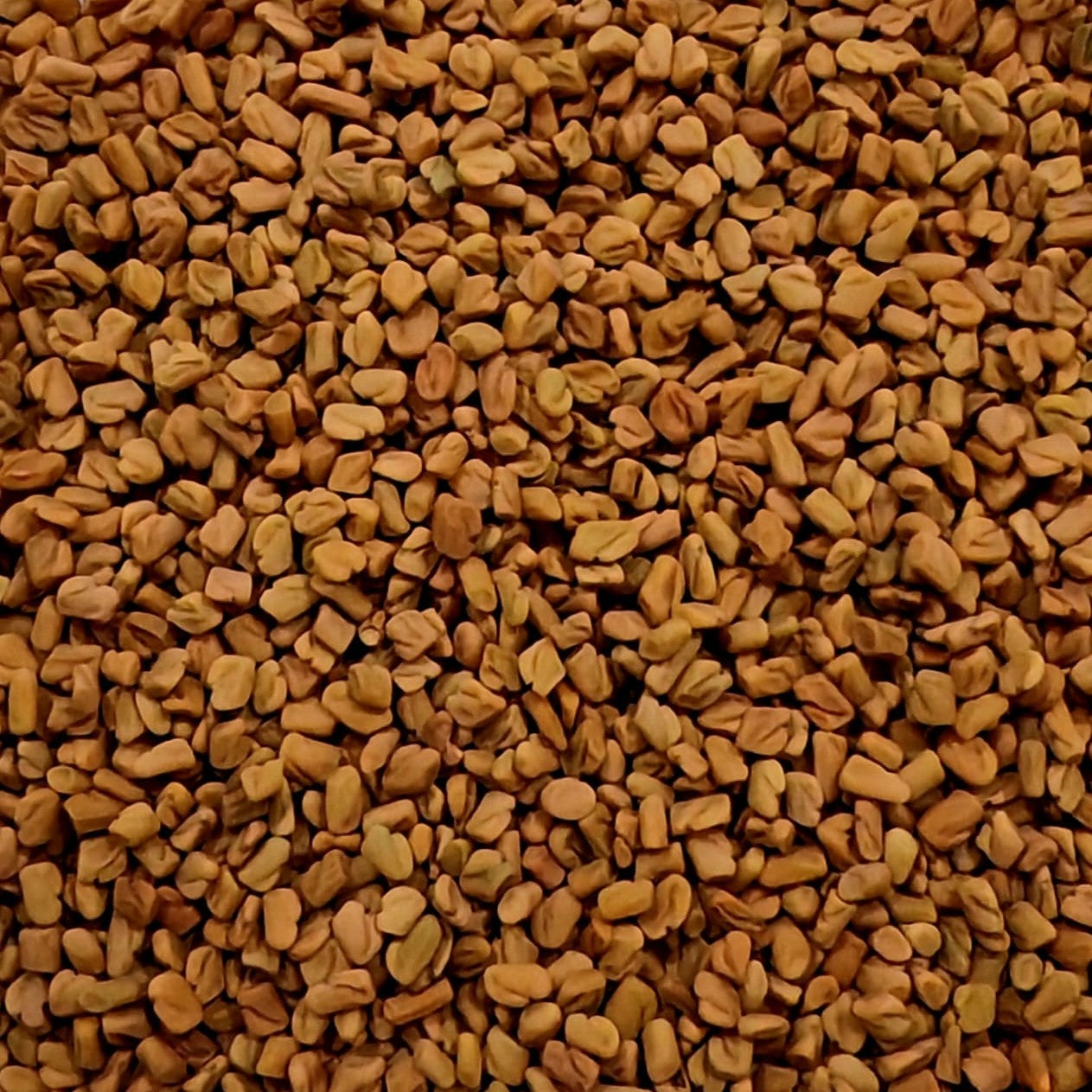Fenugreek Sprouting Seeds
Fenugreek Sprouting Seeds
Couldn't load pickup availability
Short Summary for Fenugreek Sprouting Seeds
Fenugreek Sprouting Seeds are a rich source of protein, iron, and fiber. Known for their nutty, slightly bitter flavor, fenugreek sprouts are commonly used in salads, sandwiches, and garnishes. Packed with antioxidants and anti-inflammatory properties, they are a popular choice for those looking to add nutrient-dense sprouts to their diet. These seeds are easy to grow at home and can be harvested in just a few days, making them perfect for sprouting enthusiasts.
Planting Instructions for Fenugreek Sprouting Seeds
General Sowing Time: Fenugreek can be sprouted year-round, but is best planted in spring and fall for optimal growth when temperatures are between 18°C-24°C.
Position: For sprouting indoors, place seeds in a warm, dark area until they begin to sprout. Afterward, move them to a bright, indirect light location to encourage growth. Outdoors, choose a partially shaded spot with well-draining soil.
Suitable Space: Fenugreek sprouts grow well in sprouting trays, shallow containers, or hydroponic systems. Outdoor gardens and raised beds are also ideal for direct sowing.
Sow Depth: Soak seeds in water for 6-8 hours before placing them in sprouting trays or containers. Spread them evenly on a thin layer of soil and cover lightly with a damp paper towel or thin layer of soil.
Spacing: No spacing is needed for sprouting in trays. For outdoor planting, sow seeds in rows or scatter them evenly across the soil, avoiding overlap.
Height: Fenugreek sprouts reach about 10-15 cm in height when ready for harvest.
Germination: Seeds will germinate in 2-4 days when kept in a warm environment.
Days to Harvest: Fenugreek sprouts are typically ready for harvest in 5-7 days when the shoots are around 10 cm tall.
Temperature: Ideal sprouting temperature is 18°C-24°C. Avoid exposure to temperatures above 30°C as it may stunt growth.
Watering: Keep the seeds consistently moist but not soaking wet. Mist or rinse the seeds twice daily to prevent drying out or mold buildup.
Fertilizing: Fenugreek does not require fertilizing when sprouting, but you may add a light dose of organic fertilizer if planting outdoors for improved soil health.
Pests/Diseases: Fenugreek is typically resistant to pests but can be prone to mold if kept too damp or in overly humid conditions. Ensure proper ventilation and drainage for healthy sprouts.
By following these simple planting instructions, Fenugreek Sprouting Seeds will provide fresh, nutritious sprouts for a healthy addition to your meals in just a few days.
Share


